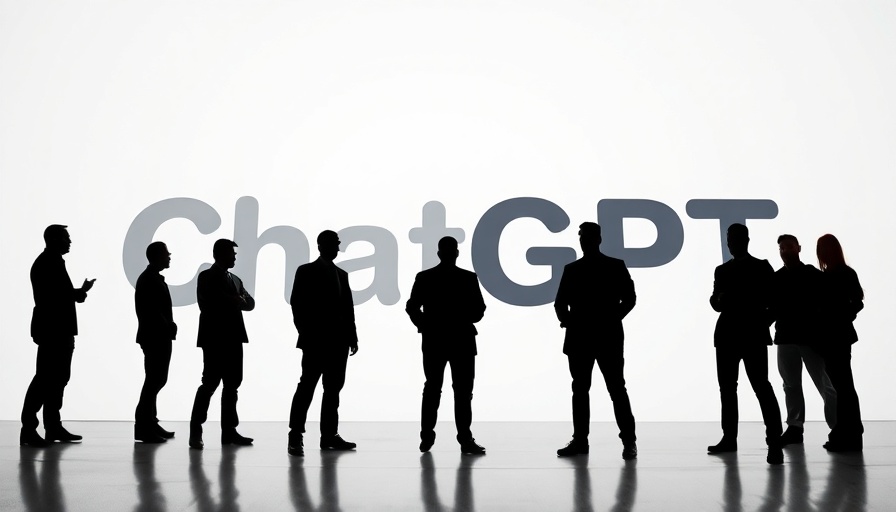
OpenAI Faces Privacy Complaint: A Close Look at Hallucinations in ChatGPT
ChatGPT, OpenAI’s widely used AI chatbot, is under scrutiny once more as it encounters a serious privacy complaint in Europe concerning its notorious habit of generating false information, commonly referred to as "hallucinations." This allegation poses a significant challenge for regulators, particularly due to the chatbot's impact and the legal ramifications that come with inaccurate personal data.
The Heart of the Issue: GDPR Violations
Prior complaints against ChatGPT revolved around basic inaccuracies, like incorrect birth dates and unreliable biographical details. However, the current complaint brought forth by Noyb (None of Your Business), a European non-profit that focuses on data protection issues, highlights a deeper concern: the chatbot can create derogatory and defamatory statements about individuals while offering no mechanism for rectifying these errors. This stands in stark contrast to the European Union’s General Data Protection Regulation (GDPR), which mandates that any personal data processed about an individual must be accurate.
Joakim Söderberg, a lawyer with Noyb, emphasizes the urgency of this issue: "The GDPR is clear. Personal data has to be accurate. If it’s not, users have the right to have it changed to reflect the truth.” This regulation aims to empower users, included within their rights to request corrections to any inaccurate information generated by AI systems.
Tech Accountability: A Crucial Dilemma
This latest complaint underscores a prevailing dilemma in the tech world, especially in AI development: how to hold algorithms accountable for their outputs. With potential fines of up to 4% of global annual turnover for breaches of GDPR, companies like OpenAI may soon find themselves under pressure to adapt their AI models to avoid similar pitfalls.
Interestingly, Italy's data protection authority had already confronted OpenAI, halting ChatGPT's access temporarily in 2023 after it was fined €15 million for mishandling personal data. This incident has influenced how AI companies navigate data laws in Europe, sparking both concern and cautious optimism as they strive to innovate responsibly.
The Example of Arve Hjalmar Holmen: A Case Study
One of the more startling moments in this ongoing saga involves a recent interaction where ChatGPT incorrectly identified Arve Hjalmar Holmen—who instigated the current complaint—as a convicted child murderer. While the chatbot's output contained some elements of truth regarding Holmen's family, it ultimately painted a dangerously false narrative. Such developments raise alarm bells about the potential for AI to inadvertently damage personal reputations significantly.
A Changing Regulatory Landscape
As privacy watchdogs across Europe reassess and adapt to these rapid technological advancements, skepticism is mounting over the capabilities of generative AI to comply with regulations like the GDPR. The inconsistent outcomes from existing investigations, such as the one still pending in Poland, indicate how complex and sensitive these matters are.
Experts have called for a broad conversation about transparency and user rights in AI interactions. The Europe-wide response appears more deliberate, allowing time for comprehensive assessment rather than rushing to ban innovative tools that carry significant societal implications.
Conclusion: What Lies Ahead for AI Regulation?
Determining how to incite accountability within AI tools like ChatGPT is paramount not only for users' rights but also for the industry’s future. As these legal challenges unfold, one must ask: Will regulatory frameworks adapt swiftly enough to govern the rapid evolution of AI technologies? Users and developers alike are left contemplating the balance between innovation and the protection of individual rights.
As we move forward in this tech landscape, keeping informed about developments related to AI regulations will be crucial. How companies respond to these challenges may very well shape the future of technology. Stay tuned for ongoing updates from trusted tech news sources.
 Add Row
Add Row  Add
Add 



Write A Comment